So much of what teams do when it comes to player evaluation is seeing what they’ve done in order to project where they might go as a player, especially as they get ready to pay players. New contracts get handed out not only for what a player has accomplished in their career but also for what the team thinks they will accomplish in the future. Dallas Cowboys Quarterback Dak Prescott is no different.
Last offseason we took a stab at projecting Dak Prescott’s 2018.
After looking at the entire roster, accounting for the additions and subtractions, this is what I came to for Prescott’s 2018 season.
“Goes 325/490 for 3,776 yards and 27 touchdowns, 50 carries for 300 yards, 8 rushing touchdowns, and 6 interceptions with a passer rating of 102.”
Here’s Dak Prescott’s first three seasons, and if you look at 2018, you’ll see I wasn’t far off aside from passing touchdowns and passer rating.
| Year | Tm | G | GS | QBrec | Cmp | Att | Cmp% | Yds | TD | Int | Y/A | AY/A | Y/C | Rate |
|---|---|---|---|---|---|---|---|---|---|---|---|---|---|---|
| 2016* | DAL | 16 | 16 | 13-3-0 | 311 | 459 | 67.8 | 3667 | 23 | 4 | 8.0 | 8.6 | 11.8 | 104.9 |
| 2017 | DAL | 16 | 16 | 9-7-0 | 308 | 490 | 62.9 | 3324 | 22 | 13 | 6.8 | 6.5 | 10.8 | 86.6 |
| 2018* | DAL | 16 | 16 | 10-6-0 | 356 | 526 | 67.7 | 3885 | 22 | 8 | 7.4 | 7.5 | 10.9 | 96.9 |
| Care | 48 | 48 | 32-16-0 | 975 | 1475 | 66.1 | 10876 | 67 | 25 | 7.4 | 7.5 | 11.2 | 96.0 |
On the rushing side of things, Dak didn’t quite reach the eight rushing touchdowns that I projected and it took him 25 more carries than I projected to get him to 305 rushing yards.
While his final numbers for the season were pretty close to my preseason projection, if you look at what he did after Amari Cooper came into the fold, for those nine games in the regular season, he far exceeded my projections.
His final nine games prorated over a 16 game season would put Prescott at 71% passing, 4,388 yard, 25 touchdowns, seven interceptions, and seven rushing touchdowns. Basically, it looks as though good Dak Prescott is back.
Prescott’s career has had an up, down, up pattern through his first 48 games.
Where’s Dak Been?
Recall his first 24 games or so were really good by NFL standards for quarterbacks until Tyron Smith went down with an injury and Chaz Green was forced into action in the Atlanta Falcons game. No quarterback could have played well with that kind of gaping hole on the left side of the offensive line.

That touchdown to interception ratio over his first 24 games is remarkable and the 102.4 passer rating is excellent for a rookie and second-year quarterback.
Unfortunately, from Atlanta in his second year to the Washington Redskins game in the middle of his third year, things didn’t go according to plan. Over that 15 game span, the Dallas Cowboys were 7-8 as a team and Prescott’s numbers took a nose dive.

Over this 16 game stretch, every statistic you could think of just went in the tank. His passer rating dropped more than 20 points. His touchdown to interception ration made Eli Manning look like a good quarterback. His completion percentage and yards per game were the lowest than at any other point of his career. It was a terrible stretch that had many of us wondering if the Cowboys were making a mistake going with Dak Prescott.
Even the first half of 2018, wasn’t as bad as the last half of 2017. Prescott’s passer rating over the last half of 2017 was only 74 and he completed only 62% of his passes while during the first half of 2018, Prescott had a passer rating of 87.4 while completing only 62% of his passes.
The second half of 2017 was marked by the Tyron Smith injury and the Ezekiel Elliott suspension. Though, I’d argue it was the injury that kept Tyron Smith out of action that had a greater impact on Dak Prescott’s game. In the three games that Smith missed that season, the Dallas Cowboys went 1-2, averaging only seven points per game. Smith played in the Chargers game that the Cowboys only scored six points, but one could argue he may not have been fully healthy for that game.
In the four games that Ezekiel Elliott missed, but Tyron Smith played, the Dallas Cowboys went 3-1 and averaged 23.5 points per game.
Yes, Ezekiel Elliott matters to the offense, but I’d argue that Smith’s absence had a greater impact on the effectiveness of the Cowboys offense than Elliott’s.
In 2018, the Dallas Cowboys offense was inconsistent, yet again. This time, however, it wasn’t because Elliott was missing, or that Tyron Smith was out. No, this time, the Dallas Cowboys couldn’t get consistent play from their wide receiver group.
When the Dallas Cowboys made the move for Amari Cooper, the entire offense woke up from its year-long hibernation.

After Amari Cooper arrived, Dak Prescott saw his passer rating jump back up above 100. Go figure, having a legit threat on the outside actually helps a quarterback. No offense to Allen Hurns, rookie Michael Gallup, Deonte Thompson, Tavon Austin, Brice Butler, and whoever else they ran out there last season, but those guys weren’t scaring anybody.
Amari Cooper’s arrival opened up the offense for everyone to be more productive, most importantly Dak Prescott.
Cooper’s ability to create separation, make contested catches, break tackles and take receptions for long gains took a lot of pressure off of a passing game that was living six to seven yards downfield. Cooper’s presence brought out the best in Dak Prescott and has led to a lot of optimism for what Prescott could be in 2019.
Good Dak has completed on average 67.6% of his passes. Even though he had a down first half of last season, Prescott still completed 67.7% of his attempts, which was good for 10th in the NFL in 2018.
Prescott during his good stretches has had a passer rating of 102 or better. That’s over the course of 33 games bookending the 15 game stretch where he and the offense struggled over the last half of 2017 and the first half of 2018.
It’s interesting to note that after Amari Cooper came into the fold, Dak Prescott’s rushing numbers dropped off a steep cliff. He went from averaging 5.7 yards per carry and 23 yards per game before Amari Cooper to 1.97 yards per carry and 7.7 yards per game after Amari Cooper. I don’t know if Dak was making a concerted effort to stay in the pocket and not run as much or if teams figured out a way to take that aspect of Dak’s game away.
Hopefully, in 2019, Dak returns to the effective runner that he is.
Where’s Dak headed?
There is a lot to feel optimistic about heading into Dak Prescott’s fourth season in the NFL. He’s shown that he can be a good passer, maybe not a great passer in this league, but also has the work ethic and mental makeup to continue to make improvements in his passing ability.
With Jon Kitna installed as the Dallas Cowboys quarterbacks coach, Dak has an experienced voice in his ear that can help him fine-tune his mechanics and help him in game preparation. Having an experienced voice like Kitna in his ear in-game will also help Prescott better see what the defenses are trying to do to him as the game progresses, which will allow him to get the offense into better looks.
Kellen Moore’s presence as the offensive coordinator means the offense won’t look near as predictable as it had become under former Offensive Coordinator Scott Linehan. Moore’s desire to use more pre-snap motion and a plethora of formations, he’ll keep the defense off-balance and work to find mismatches for the offense.
Having Amari Cooper for the whole offseason allows Dak Prescott to get better acquainted with his number one receiver, which should make them more efficient in the passing game. Michael Gallup in year two will be a better receiver. If the playoff games against the Seattle Seahawks and Los Angeles Rams are any indication, Gallup is an ascending player in this offense.
The offensive line will be better in 2019 because they’ll have Travis Frederick back and Connor Williams will be a better and more consistent player from start to finish than he was in 2018. Even if they suffer an injury on the offensive line, they have really good depth and won’t experience near the drop off in talent that they did in 2017.
For his career, Dak’s averaging 226 yards per game. Through the good stretches of his career, he’s averaging 241 yards per game. 15 yards may not seem like a big difference on a per game basis, but that’s an extra first down per game and translates to another 240 yards over the course of a 16 game season.
As a runner, I think Dak returns to averaging about five yards per carry, and if schemed to run in some QB power or QB draw plays, he could be more effective in the running game. For his career, Dak’s averaged six rushing touchdowns per season, literally having six rushing touchdowns every season he’s been in the league. That’s a trend that will continue in 2019.
He’s been too effective of a red zone runner for Kellen Moore to pull back on that aspect of his game. If anything, Dak will be used more as a red zone threat and his touchdown numbers will go up this season.
Conclusion and Projection
Dak Prescott is an ascending player. He’s weathered bad play in games and stretches during a season and bounced back with good games. He’s been resilient for the Dallas Cowboys and should continue to improve upon what’s already been a really good career through 48 games. The changes to the offensive coaching staff should only help to amplify what Prescott’s already been able to accomplish in his first three seasons in the NFL.
Based on what we’ve seen out of Dak’s good stretches of football and believing that that’s the quarterback that the Dallas Cowboys are about to hand a big, fat contract too, here’s what Dak Prescott’s 2019 season will look like statistically.
Final Projections: 68% completion percentage for 3,800 yards, 26 touchdowns, six interceptions, 75 carries for 400 yards, and six rushing touchdowns.
https://anchor.fm/inside-the-cowboys/episodes/Dallas-Cowboys-Positional-Preview-Quarterbacks-e4hkki
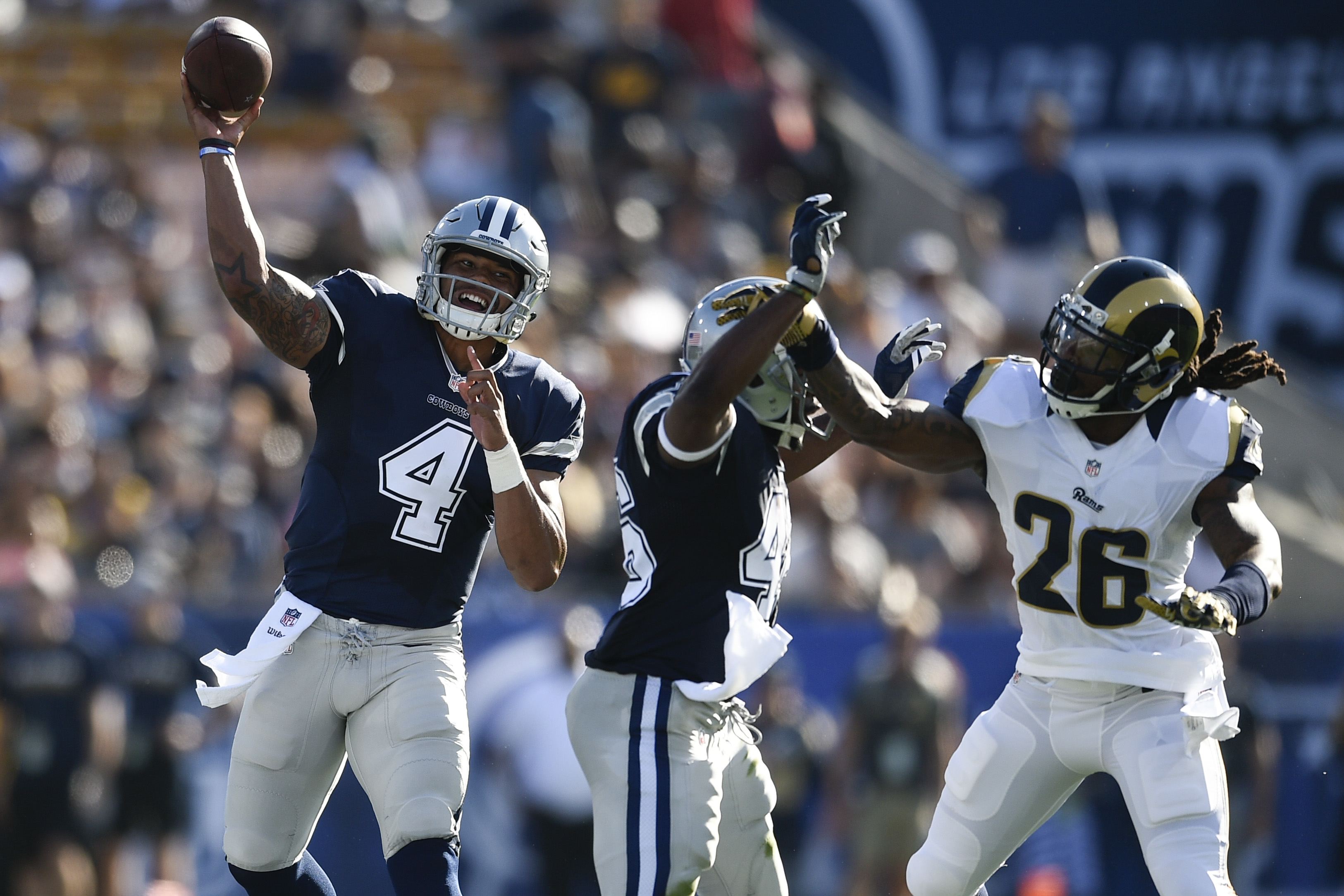
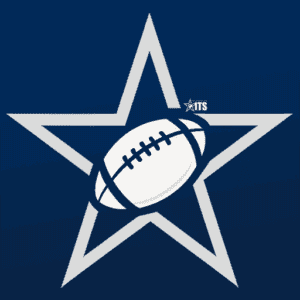

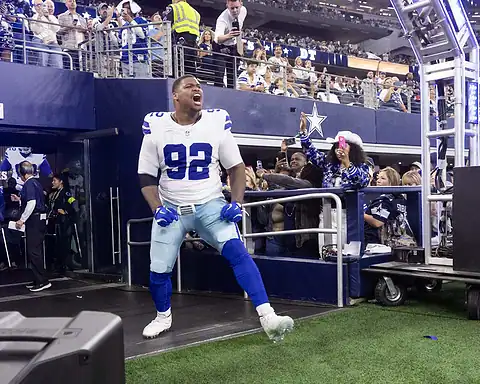
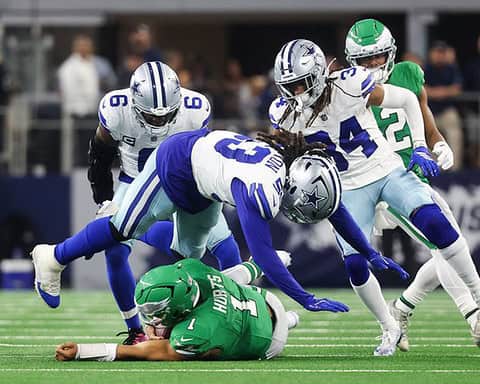
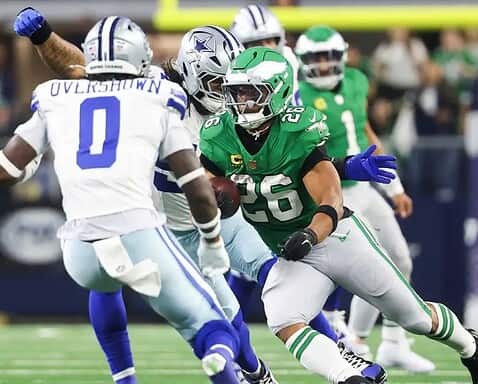
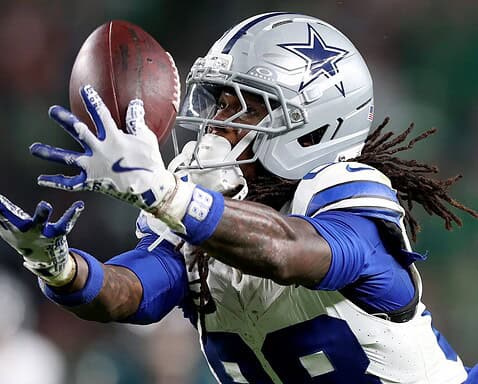

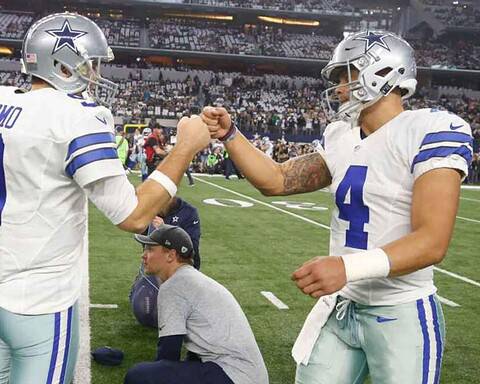
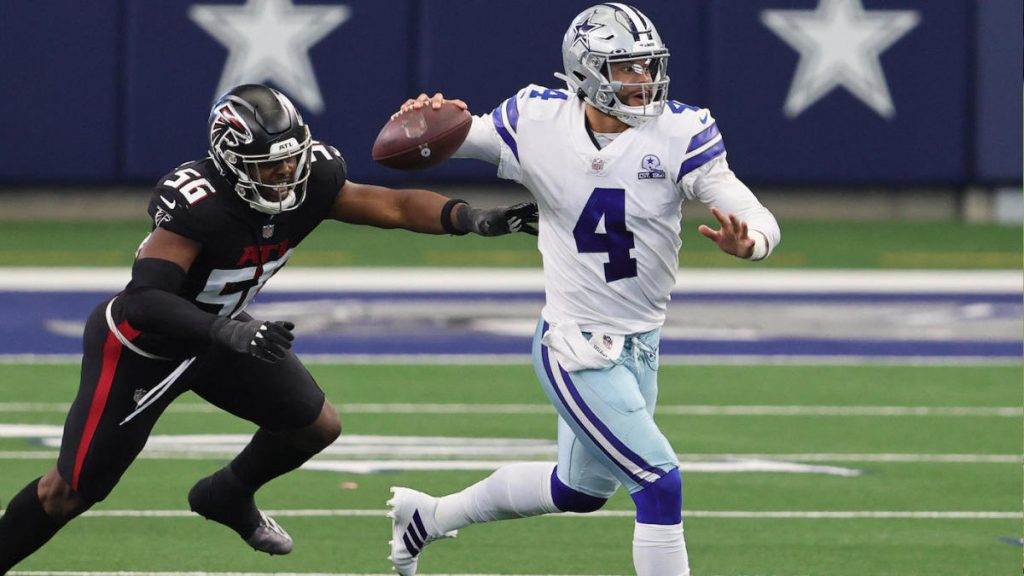
All of Dak’s stats will improve moderately
4,000 yards minimum is feasible
38 total TD’s isn’t a stretch
8 int’s can be understood, not assumed
69% comp rate
400 yards rushing is a humble number
BOTTOMLINE
Dak’s back to his rookie form
But
He’s much better & has better pcs around him
And
No disrespect to Coach Scott Linehan
But Prescott is finally being coached & catered too according to his strengths & skillsets by a fresher set of eyes
And
By more adaptable minds of today’s game
Vs
Forcing him into a system built specifically for Tony Romo & stripping him of half his attributes
Dak’s gonna be in the thick of MVP talk this season
Thx & Peace